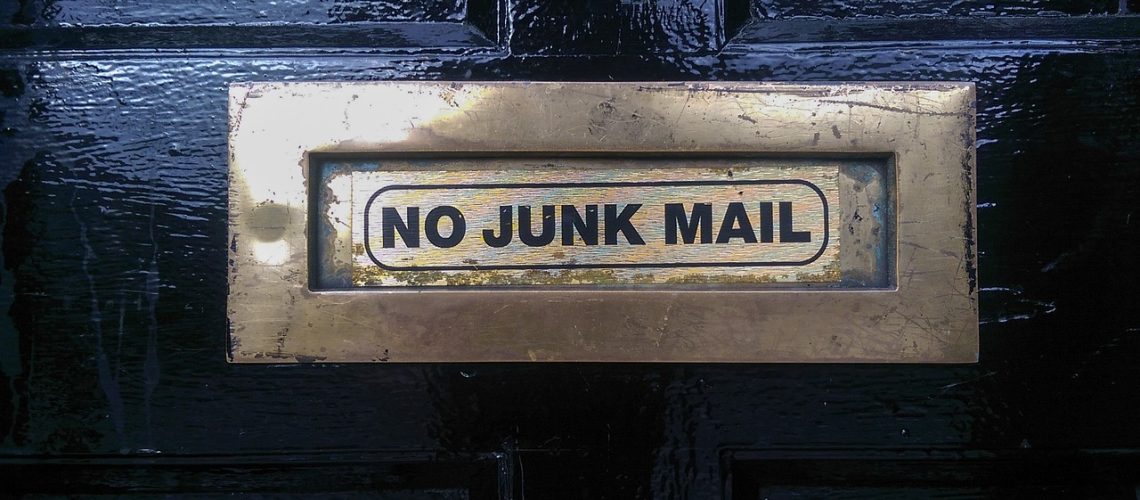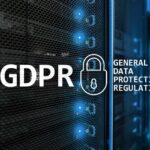Lessons for Legal Teams: Avoiding Costly Mistakes in Data Privacy Compliance
Data privacy is no longer a secondary concern for businesses—it’s a legal requirement with significant consequences for non-compliance. A recent case in the UK highlights this point: two companies were fined a combined total of £150,000 by the Information Commissioner’s Office (ICO) for bombarding individuals with spam text messages promoting financial debt services. This case serves as a stark reminder for data privacy professionals and legal teams to prioritise compliance with GDPR and other data protection laws.
What Happened?
The ICO investigation revealed that these companies sent over 500,000 unsolicited text messages to individuals without their consent. Many recipients reported being distressed or annoyed by the messages. Despite claims by the companies that they sourced contact data lawfully, the investigation found they failed to demonstrate valid consent for the communications.
Key Takeaways for Legal Teams and Data Privacy Professionals
Consent Is King: GDPR and related regulations like the Privacy and Electronic Communications Regulations (PECR) require explicit, informed consent for marketing communications. Consent must be:
Freely given.
Specific to the purpose.
Clearly documented.
Legal teams should ensure that their organisation’s consent mechanisms meet these criteria and are robustly documented.
Regular Audits of Third-Party Data: One of the companies claimed to have purchased the contact data from a third party. However, businesses are responsible for ensuring any data they use complies with GDPR, regardless of its source. Conducting regular audits of data suppliers is essential to verify compliance and avoid liability.
Transparency Is Non-Negotiable: Under GDPR, individuals have the right to know how their personal data is collected, stored, and used. Legal teams must ensure their organisation’s privacy policies and communication practices are transparent and accessible.
Monitor and Respond to Complaints: Complaints from individuals should be treated as red flags. A high volume of complaints can signal deeper issues with compliance processes. Implementing robust complaint-handling mechanisms can help identify and address risks before they escalate.
Significant Fines Are Here to Stay: With fines totalling £150,000 in this case, the ICO demonstrates its commitment to enforcing data protection laws. Organisations can no longer afford to treat GDPR compliance as optional.
Practical Steps to Stay Compliant
Implement GDPR-First Marketing Practices: Train marketing teams on GDPR requirements, particularly around consent for communications. Legal teams should regularly review and approve marketing practices to ensure compliance.
Strengthen Internal Data Protection Policies: Create and enforce policies that outline how personal data should be collected, processed, and stored within your organisation.
Invest in Privacy Technology: Tools like GDPR Register can help streamline compliance efforts by:
Automating data protection impact assessments (DPIAs).
Maintaining detailed records of processing activities (ROPAs).
Ensuring accountability through built-in reporting and auditing features.
Engage with Regulators: Establish open communication channels with data protection authorities to demonstrate your commitment to compliance and seek guidance when needed.
Stay Informed: Data protection laws and enforcement trends evolve. Regularly review updates from regulatory bodies like the ICO to ensure your organisation remains compliant.
Final Thoughts
This case is a wake-up call for organisations across industries. Non-compliance is costly—not just in terms of fines, but also reputational damage and loss of customer trust. Legal teams and data privacy professionals must work together to create a culture of compliance that protects both the business and its customers.
Don’t let compliance challenges overwhelm your organisation. Tools like GDPR Register can simplify and streamline your data protection efforts, keeping you one step ahead in today’s fast-changing regulatory environment.
Source: ICO












